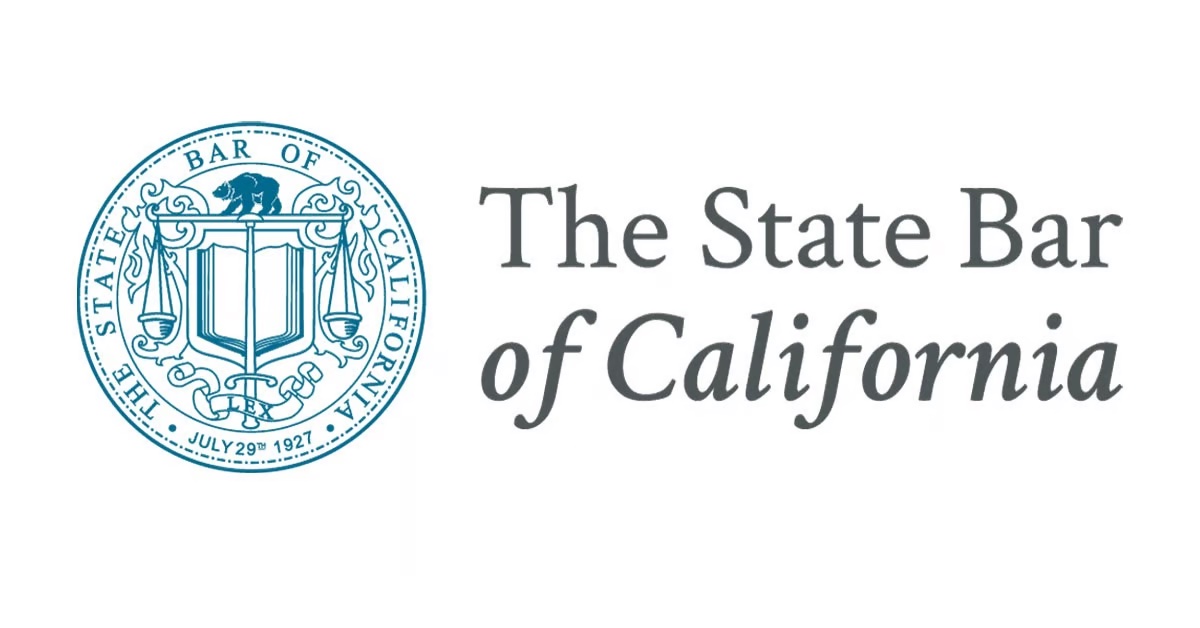and Probate Law Firm
Certificate of Trust
As a Folsom estate planning attorney, one of the most common documents that I draft for my clients is a Certificate of Trust. A Certificate of Trust is a legal document used to provide information about the terms and existence of a trust (such as a living trust) without disclosing the full contents of the trust document. It serves as a summary of essential information regarding the trust and is typically used in various situations to confirm the trust’s validity and the authority of the trustee without the need to disclose all trust details. Here are the key components and purposes of a Certificate of Trust:
Components of a Certificate of Trust:
- Trust Name: The full legal name of the trust is typically provided.
- Date of Trust: The date when the trust was created.
- Grantor/Settlor: The name of the person(s) who established the trust.
- Trustee: The name of the person or entity serving as the trustee responsible for managing the trust assets and administering the trust according to its terms.
- Trust Powers: A statement outlining the trustee’s authority, powers, and responsibilities under the trust agreement. This section may also specify any co-trustees or successor trustees.
- Trustee’s Signature: The trustee may sign the Certificate of Trust to confirm its accuracy.
Purposes and Uses of a Certificate of Trust:
- Privacy: One of the primary purposes of a Certificate of Trust is to protect the privacy of trust details. Trust documents are typically private, and disclosing them may reveal sensitive information about the trust’s beneficiaries and assets. By providing a Certificate of Trust instead, interested parties can confirm the trust’s existence and trustee’s authority without accessing the full trust document.
- Real Estate Transactions: When a trust owns real estate, such as a house or property, the Certificate of Trust can be presented to title companies, lenders, or other parties involved in real estate transactions to prove that the trustee has the authority to buy, sell, or encumber the property.
- Financial Transactions: In financial matters, a Certificate of Trust can be used to demonstrate that the trustee has the authority to manage trust assets, open bank accounts, or enter into financial agreements on behalf of the trust.
- Legal Proceedings: If a trust is involved in legal proceedings, the Certificate of Trust can be presented to the court as evidence of the trust’s terms and the trustee’s authority.
- Estate Planning: In some estate planning situations, a Certificate of Trust may be provided to heirs and beneficiaries to inform them about the existence and key details of the trust without revealing all trust terms.
- Trust Administration: During the administration of a trust, the Certificate of Trust can be used to confirm the trustee’s authority when interacting with financial institutions, creditors, or other parties.
Conclusion
It’s important to note that the specific requirements for a Certificate of Trust may vary by jurisdiction, and some parties may request additional information beyond what is typically included in a Certificate of Trust. Consulting with a Folsom attorney experienced in estate planning can help ensure that the Certificate of Trust is properly prepared and used in accordance with applicable laws and regulations. If you have any questions about a Certificate of Trust, contact Thapar Law at 916-579-0605 or send us a message.







